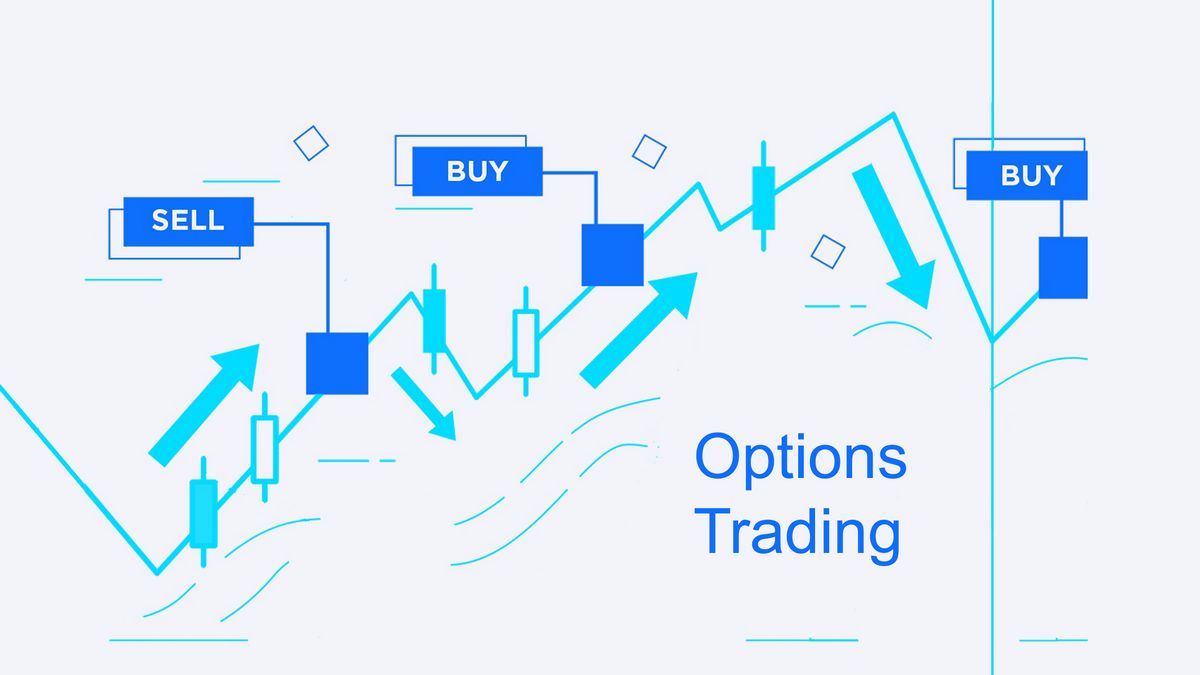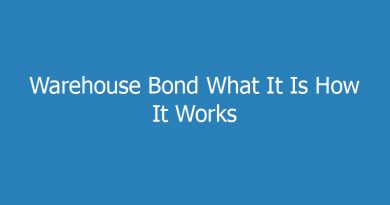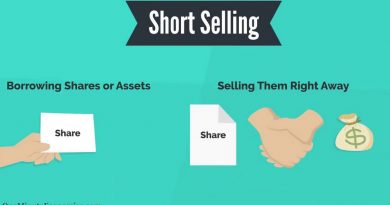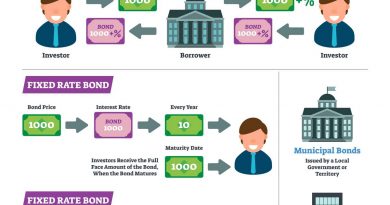Trading Ahead What It is How It Works Example

Trading Ahead: What It is, How It Works, Example
Contents
What Is Trading Ahead?
Trading ahead refers to a market maker prioritizing their firm’s interests over other investors. Market makers use their firms’ accounts instead of matching available bids and offers from other market participants. Trading ahead is illegal under FINRA regulations, which prohibit market makers from trading ahead of customer or broker-dealer orders.
Key Takeaways
- Trading ahead occurs when a market maker trades from their firm’s account instead of matching available bids and offers.
- Market makers knowingly prioritize their firm’s interests over other market participants.
- Trading ahead gives market makers an unfair information advantage to the detriment of retail investors and traders.
- FINRA and major exchanges ban trading ahead and impose fines, penalties, and censures.
- Exceptions to the trading ahead rules exist for large orders, institutional orders, and ISO exceptions.
Understanding Trading Ahead
Market makers are firms that provide trading services, matching buyers and sellers in the open market. They profit from bid-ask spreads generated on trades.
Market makers can trade from their own accounts if only one leg of the transaction is offered. It becomes illegal when a market maker chooses to trade with their own account instead of executing available orders from other investors at the same or better price.
For example, if a customer submits an order to sell 100 shares at $10.00 and there is a bid for $10.05, a market maker cannot trade the $10.05 bid before the customer’s order. If the best bid is $10.00, the market maker can only sell at $10.00 after the customer has executed all 100 shares at that price.
Trading ahead violates market trading practices as it provides unfair advantages to market makers while inhibiting the fair market price and potentially generating unjustified profits for market specialists.
FINRA and individual exchanges regulate and penalize market trading specialists who violate trading ahead rules, imposing fines, penalties, and censures.
Trading ahead can occur due to standard market practices.
Special Considerations
Trading ahead was initially prohibited by NYSE Rule 92. It was replaced by FINRA Rule 5320 to reduce regulatory duplication and streamline compliance, effective on Sept. 12, 2011.
FINRA Rule 5320, also known as the Manning rule, prohibits trading ahead and requires market makers to have documented policies and procedures regarding trading rules. Rule 5320 provides exceptions to the prohibition of trading ahead.
Exceptions include:
- Large orders
- Institutional orders
- No-knowledge exceptions
- Riskless principal exceptions
- ISO exceptions
A market maker can also satisfy an exception by immediately executing a customer’s order of the same size and price (or better) as executed for their own book.
Trading ahead disrupts orderly and efficient market trading standards, unless it occurs without the knowledge of existing orders.
Real-World Example of Trading Ahead
In July 2020, Citadel Securities was fined by FINRA for violating trading ahead regulations. Citadel’s OTC trading systems were programmed to follow trading ahead standards, but controls and settings removed "hundreds of thousands" of larger orders.
FINRA also found that Citadel lacked supervisory controls to ensure order compliance with regulations.
As a result, Citadel was fined $700,000, censured, and required to pay restitution to affected clients. The company also had to pay interest for orders below its own account-traded prices and certify compliance with FINRA rules.
Citadel neither accepted nor denied the allegations but consented to the imposed sanctions.



